Last week, the LDS Church released photos of a small brown rock belonging to Mormon founder Joseph Smith. Here it is, on a tasteful mat.
The LDS Church, most notably through its artwork, has promoted the idea that founder Joseph Smith translated the book from gold plates, but the story now is that words would appear on the stone in English, and Smith would dictate these to a scribe. Apparently, he didn’t need to use the gold plates in the translation process at all — and Moroni and Nephi are not happy about this.
So what’s going on here? Why is the church promoting this strange artefact, essentially admitting that a small brown rock was instrumental to the Restoration? And what effect will this have on Latter-day Saints?
First, let me lay down a theoretical framework that helped me. It’s from a post by redditor ShemL.
The church contains not one gospel, but two. There’s Gospel A and Gospel B. Gospel A is the one missionaries teach. It’s lovely, inspiring, and uncomplicated. It’s the one where Joseph Smith saw God and Jesus in the Sacred Grove, he translated the Book of Mormon from gold plates, and only had one wife.
Then you find inconsistencies in the story, and unsavoury things about church history, and you transition to Gospel B. Gospel B is difficult and tangled, and there’s so much to explain away! It involves a lot of mental gymnastics. Nobody feels the Spirit from Gospel B. If you’re here, you might say that you have a “complex faith”.
The weird thing is that when you go to church, you have to pretend that Gospel A is the real one. There’s no acknowledgement of the complexity.
Now back to this rock. The rock is part of Gospel B. It’s a weird thing, the rock is. People are loath to believe that you can translate a document using a magic rock in a hat, and for good reason. It just screams fraud.
So why is the church publicising this? My answer: it has problems that are even worse than I thought.
It used to be easy for the church to keep everyone in Gospel A. Information about the church was reasonably scarce, except from the church itself — that was plentiful, but wrong. Anything that would divert people into Gospel B was dismissed as an anti-Mormon lie. Some people were in Gospel B because they knew about the rock and Joseph’s sex partners and so forth, but they had to find their own ways of dealing with that. In church, it was all Gospel A.
Then, with more information, people learned the information that the church was trying to control. It moved some people into Gospel B, but it moved a lot of people out of the church entirely. The church noticed this, and they figured that at least having people in Gospel B (and paying tithing) is better than having them leave. As a response, the church tried opening up a little by releasing unannounced (and uncredited) essays onto their website in the dead of night.
The secretive strategy didn’t work, and people found out about the weirdness anyway. So now it seems that the church is trying to roll out all the weird stuff at once, and I think they’re hoping that if they can just get it all out there, and weather the resulting exodus of members for a couple of weeks, whoever else is still in the church will be in for good. No more unpleasant discoveries for anyone, or if there are, it won’t be the church’s fault; they’ve disclosed.
Is it going to work? I doubt it.
First of all, if they’re hoping that they can dig down to bedrock lunacy and hope everyone copes from there, they’re going to be disappointed. It’s all lunacy. The nonsense goes down to the core. Reveal all the weird stuff? It’s all weird stuff! And fabrications.
Second, by opening up about its history, the church has effectively transitioned everyone into Gospel B! How is that supposed to work? How is the Gospel-A illusion supposed to work in church, when everyone is aware of Gospel B?
As for the apologists, they’re working overtime. Right now, they’re doing two things:
- Trying to boost plausibility by describing the magic rock as anything but a magic rock. Some people are trying to explain that having a physical object around to channel spiritual powers is not weird — it’s like technology! It’s like an iPad!
(If someone really thinks this rock is like an iPad, I don’t know how I can help them. A rock is not an iPad. iPads work reliably and predictably for more than just one person. A rock is a rock.)
- Some apologists are going for gas-lighting, blaming members for not knowing about this stuff when the information was supposedly out there — perhaps in a locked filing cabinet in a room with a sign that said “Beware of the leopard.” Consider this article, entitled “It’s Not the Church’s Job to Teach Me Church History”. Oh, really? This is disingenuous; if person could have a lifetime of church attendance, four years of Seminary, and years of Institute without running across any of this stuff, then how forward could the church have been about teaching it?
So what will happen? My seer stone is a little rusty (it’s iron pyrite), but I think the church is in uncharted waters here. Owning up to its magical past in the scientific age is going to highlight the implausibility for many members. Some people will stay in no matter what, but with the Gospel-A narrative tarnished, more members are going to wonder: why am I cleaning the chapel toilets again? What is this all for? Some people say, “Even if the church weren’t true, I’d stay in because it’s a good way of life.” But how good is it looking, now that its absurdities and obfuscations are manifest? This is a major discontinuity in the church narrative, and it will make the church story really different for those who remain. If people are freaking out, I don’t blame them.
One member explained his acceptance of the weirdness to me with the phrase “Faith is a choice”. That’s true. But now Mormons have many choices. They can stick with Gospel A, but this will be increasingly difficult in the information age. They can go with Gospel B, as the church is pushing them into, but Gospel B is often a last step before ditching the church altogether. And that, I think, is the best choice of all.
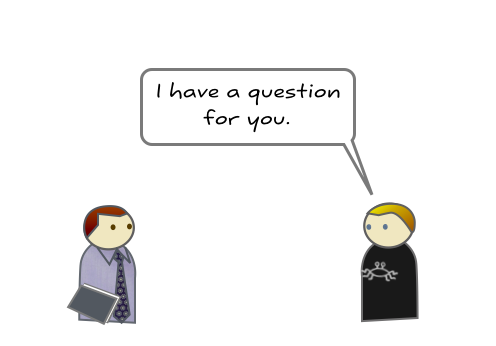

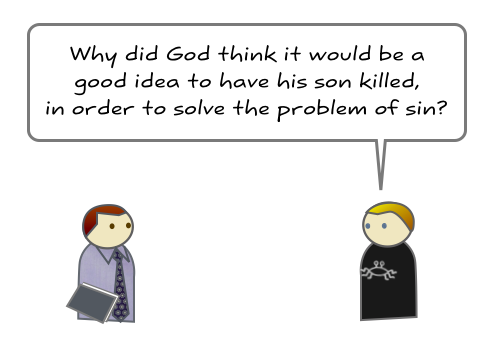
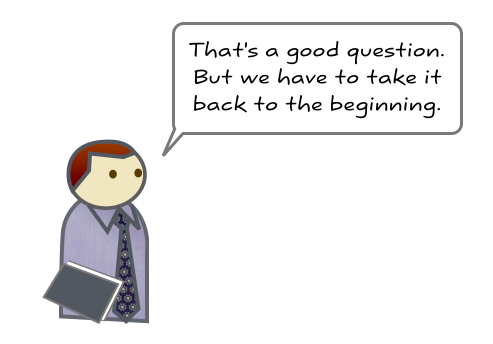
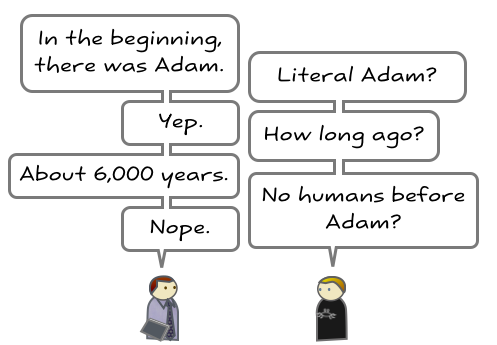
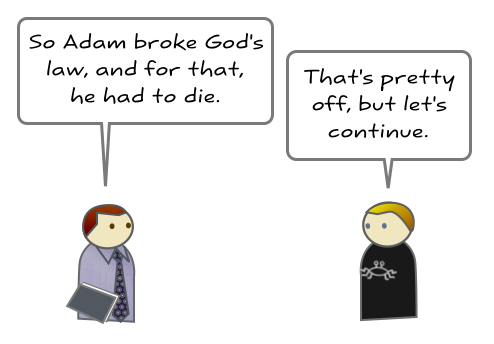
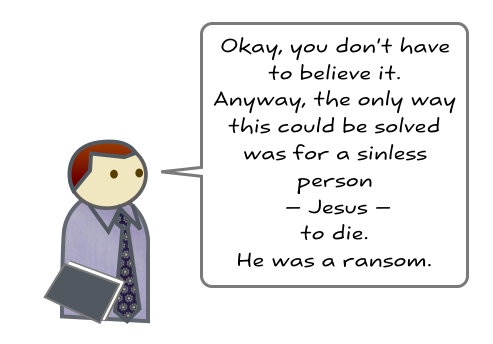
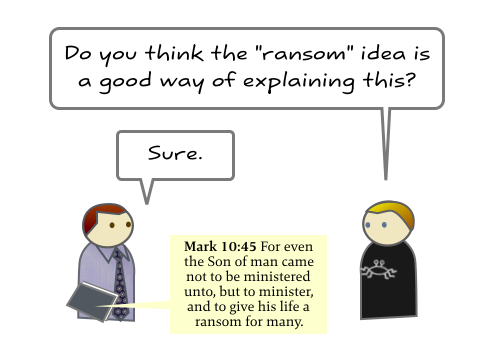
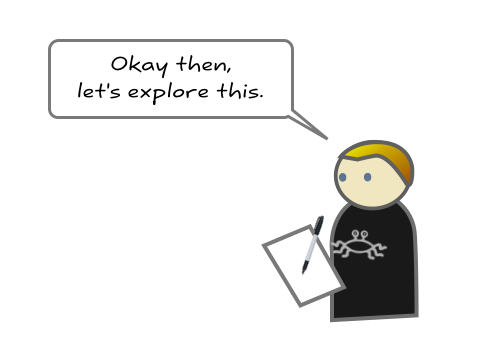
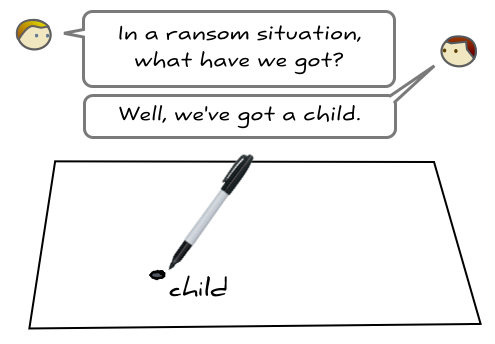
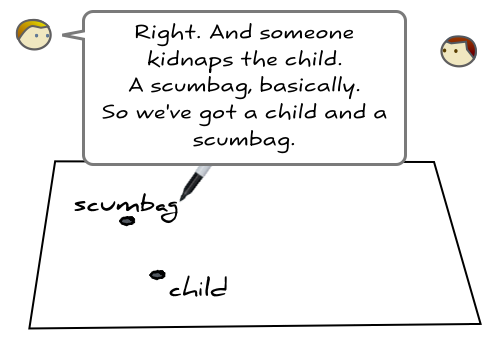
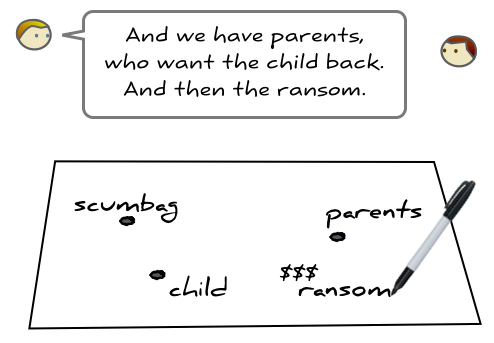
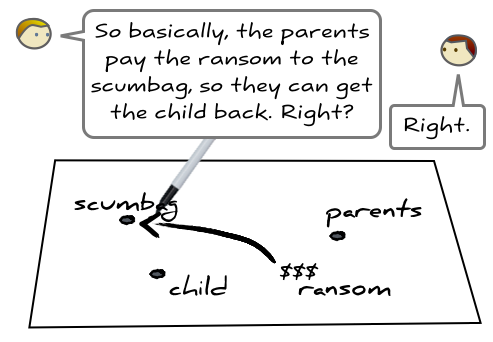
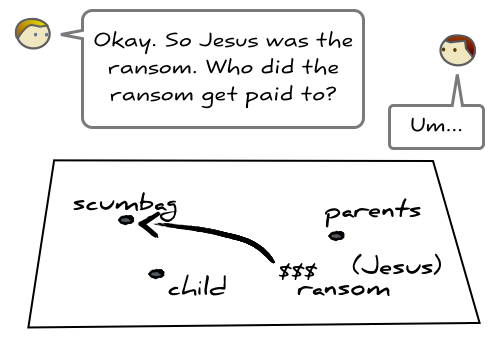
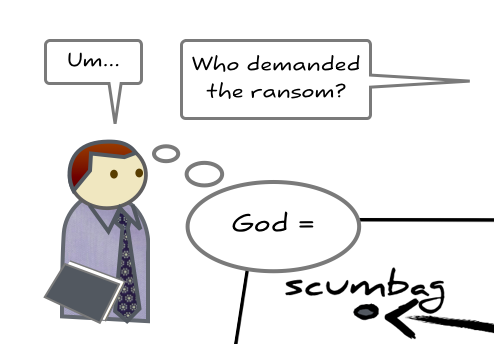
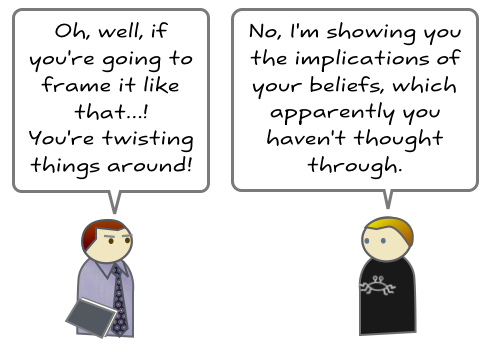
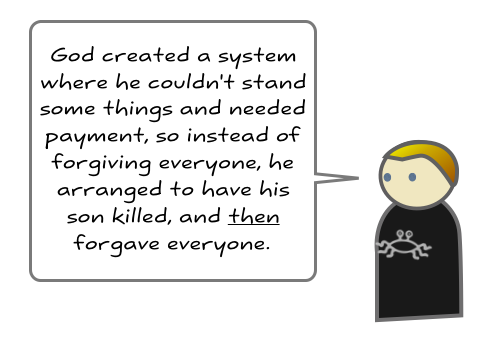
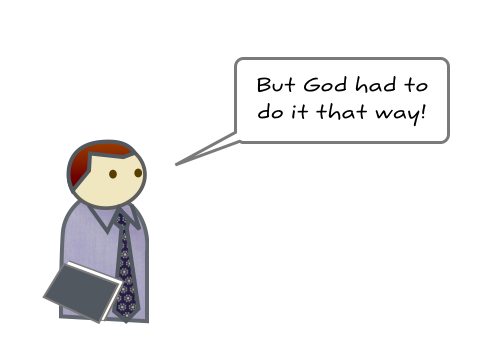
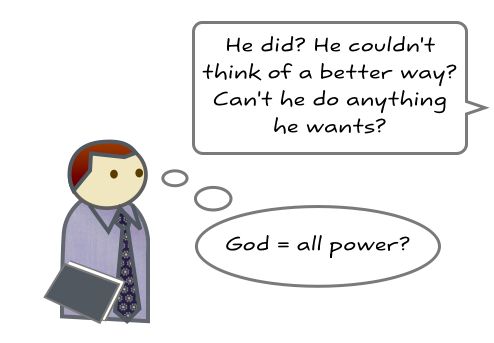
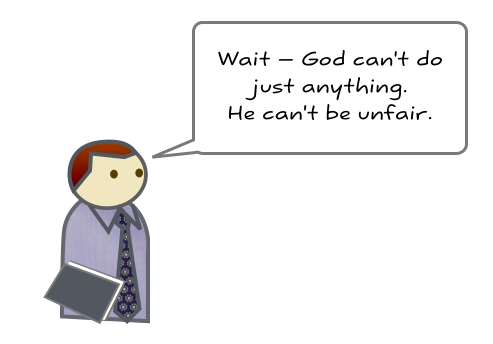
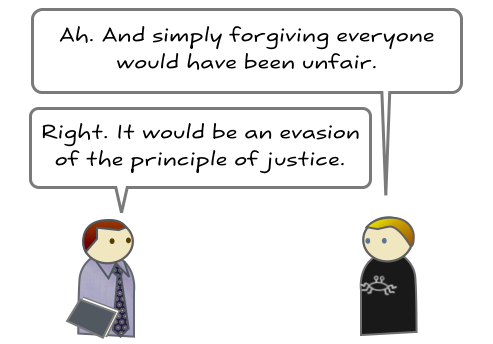
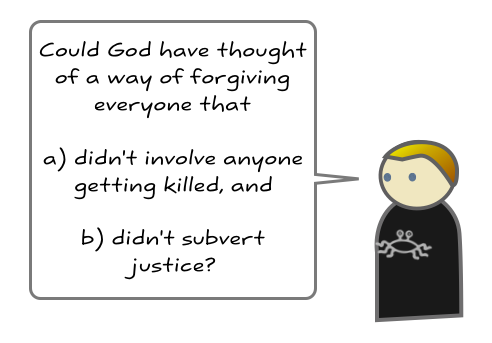
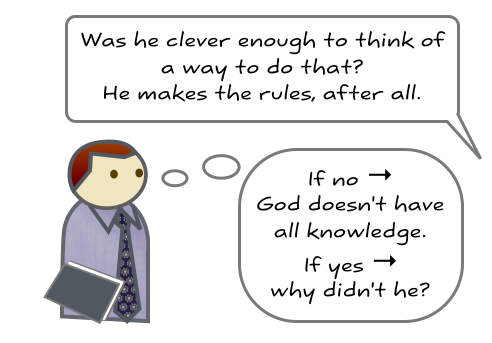
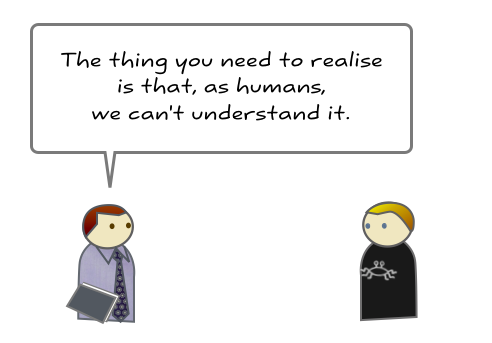
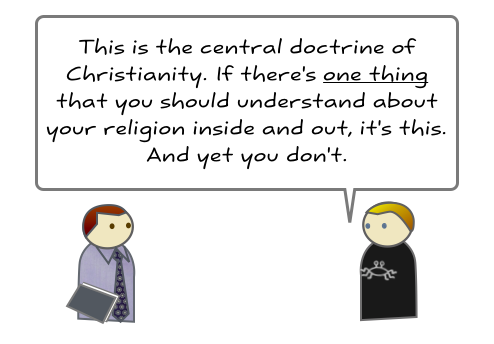
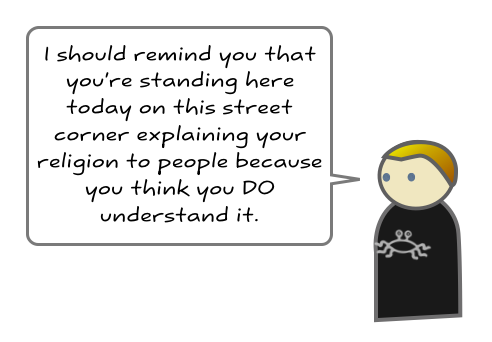
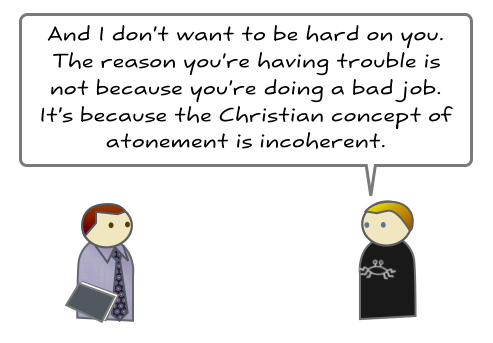


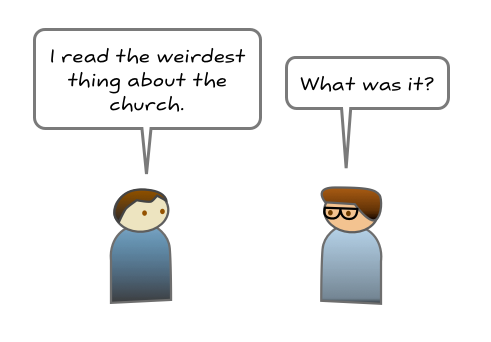

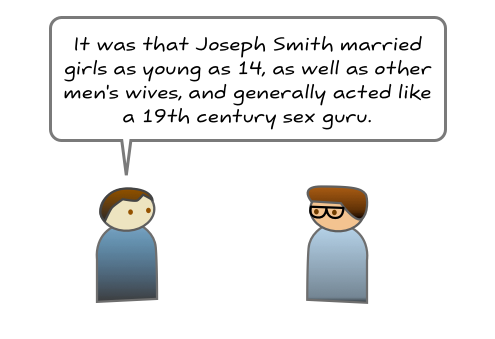

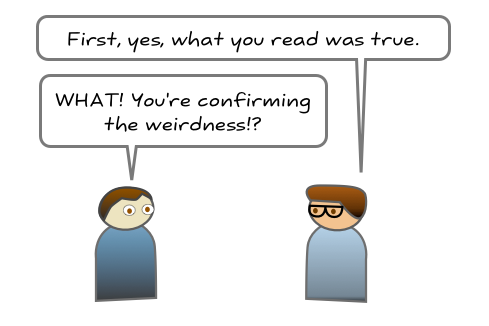
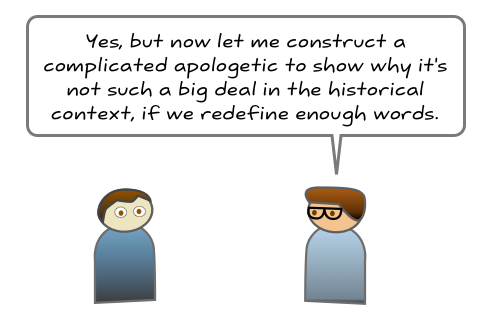
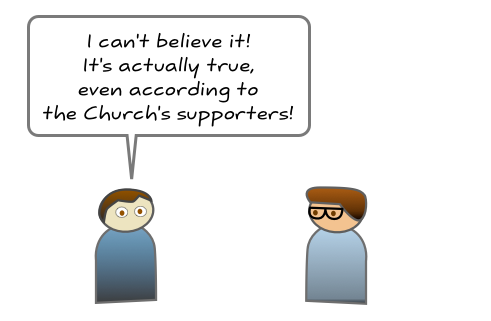
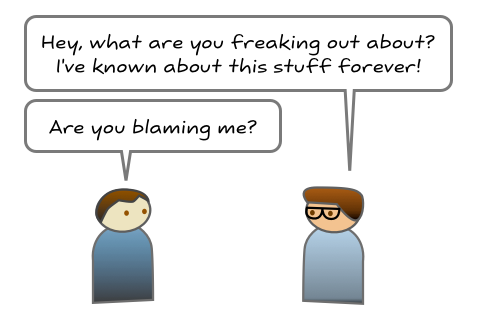
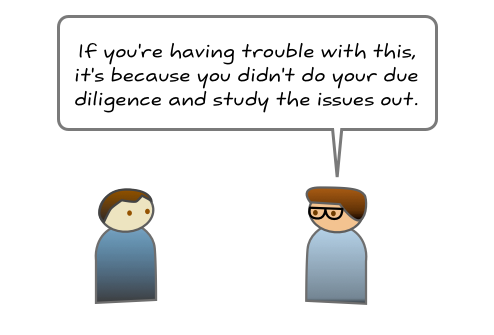

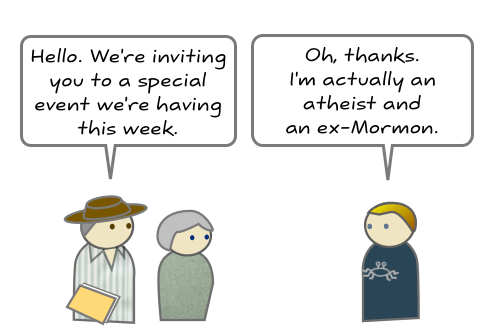



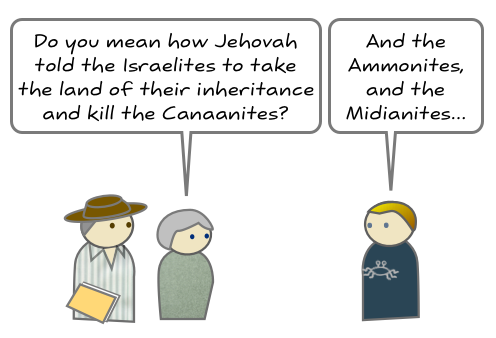
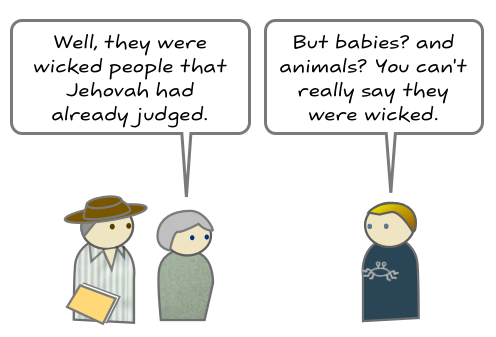

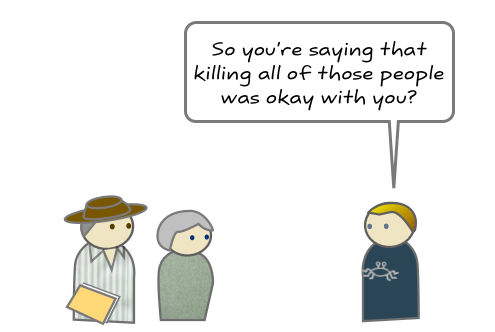
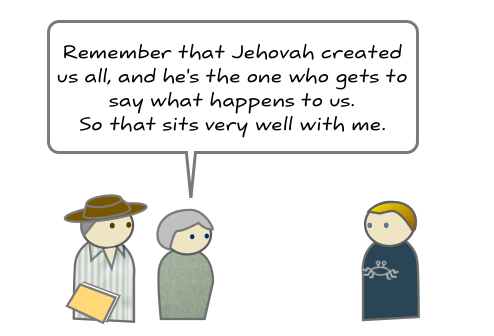
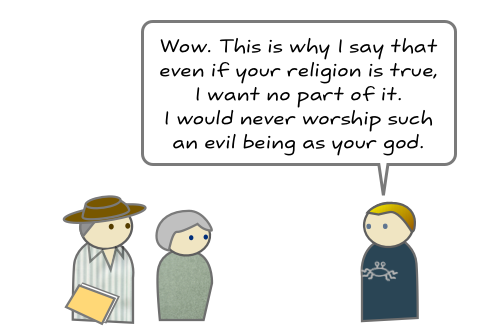

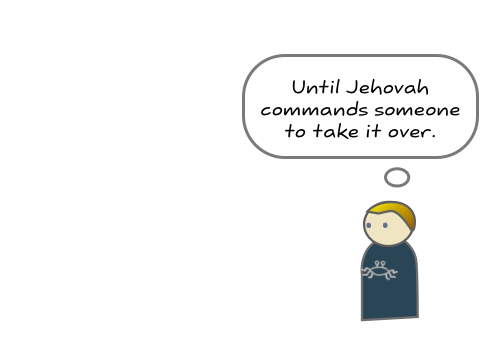


Recent Comments